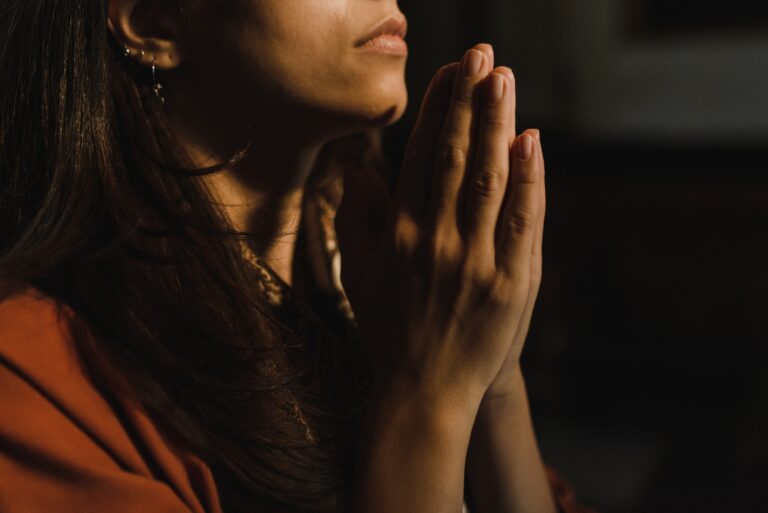
Someone once said to me ‘The trouble with working for the Catholic Church is you have to spend all your time dealing with neurotic celibates who think they’re uniquely qualified to enforce God’s will on earth- and the priests are even worse!’
Jokes aside, it strikes me that one area where the synod may be pushing at an open door is the role of the laity in making decisions in the Church.
As it stands power in the Church ultimately sits with the priests and bishops and only with them. Now given power is never a simple process but precisely because Church governance isn’t as eye-catching as women’s ordination or same-sex blessings increasing the role of the laity in running the church may be the place where the most change will come at the fastest rate.
Now it’s hard to get excited about exactly how the Church is run, but the way decisions are made, and crucially who makes them, is the place where change happens. So this newsletter delves into some of the best recent pieces in The Synodal Times to discover how and why that change may come.
Just this week, Cardinal Jean-Claude Hollerich, the moderator of the synod revealed that lay people will be involved in the next stage of the synodal process – despite it being called the synod of bishops, signalling openness to greater lay involvement at all levels.
“I could imagine that some of them will also have voting rights,” he told Germany’s Catholic News Agency on Friday shortly before the end of the five-day “European stage” of the Catholic World Synod.”
Archbishop Eamon Martin of Armagh told our own Brandon Scott that presently the Church just lacks the mechanism for real laity involvement in governance – and that has to change.
“So far we haven’t found, in my view, apart from parish pastoral councils and maybe a diocesan synod even though it’s a very confined and narrow function in canon law, a means or a consultative instrument by which the hierarchy, meaning the Pope and the bishops, can effectively understand and pick up the voice of the faithful with regard to matters of doctrine, faith and morality.
Of course, ‘the laity’ are hardly a homogenous group. But one side effect of elevating the status of the clergy has been to infantilise the laity. I recall one priest telling me it took him two years to convince parishioners they didn’t have to check with him before turning out the lights in the Church hall.
While that elevation of the clergy can come from a worthy sense of the priest as a shepherd, when the relationship breaks down it can be very hard to repair. One place where that seems to be happening now is Poland. Having stolen the Irish crown of being the most Catholic country in Europe, things are changing fast.
A new report by the Polish bishops, summarising the results of consultations with both the leadership and the rank and file of the Polish church, points to a deep division between clergy and laity and an urgent need to rebuild the relationship between the two groups.
It is also worth considering that few priests became priests because of a deep-seated love of administration and management. The concentration of power in the hands of the clergy hurts them as much as the laity.
Now moving on from that model won’t be easy but I was very struck by this recent piece by Baroness Nuala O’Loan which focuses on accountability for everyone from everyone from the Pope down – including ourselves.
At all levels in our Church, we need to be willing to speak up with courage about our realities, and the ongoing need for change and reform which is necessary for any institution. We cannot just leave it to others.
Accountability for everyone in the Church means breaking the old models. A less comforting and more challenging Faith but ultimately a better one.
Now if you liked this, please pass it on to a friend. If you are that friend you can subscribe here. And if you really liked it you can support our work here. And please do get in touch if any of the above sparked a stray thought.
God Bless,
Ian



